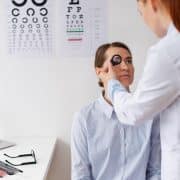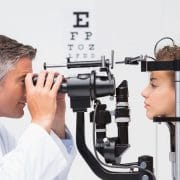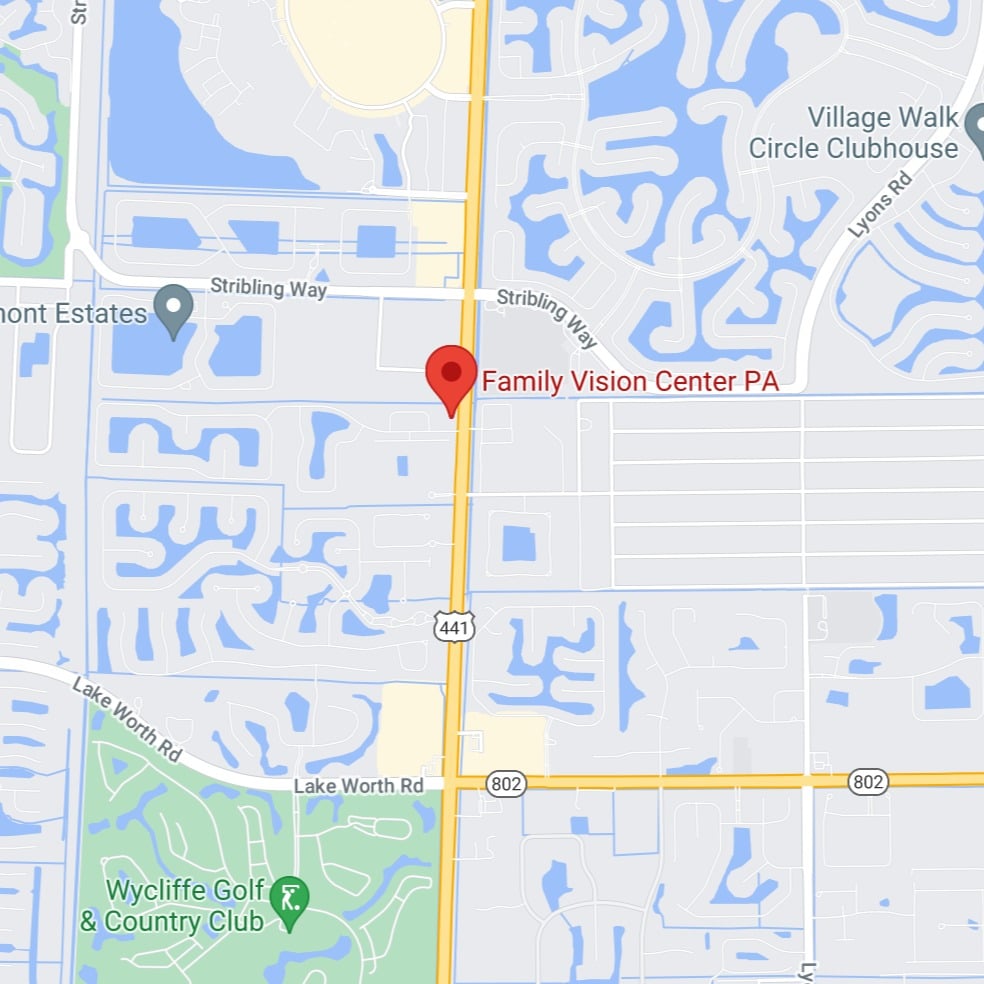Can Vitamins, Minerals, and Food Help Control Myopia?
If you are having trouble seeing objects that are off in the distance, you might have myopia. Your optometrist in Wellington, FL, will be able to examine your eyes and tell you if you have myopia. But what exactly is myopia?
What Is Myopia?
Myopia is the medical term for nearsightedness, which is when you can see near but can’t as clearly when looking at objects in the distance. Nearsightedness is influenced by a variety of genetic, environmental, and lifestyle factors. The good news is that there are plenty of vitamins and minerals you can take that will help prevent myopia. Always talk with your eye doctor in Wellington, FL about what options you have other than the following for preventing myopia.
Vitamin A
Vitamin A helps maintain the health of your retina. The vegetables with the most vitamin A include carrots, leafy greens, and sweet potatoes.
Omega-3 Fatty Acids
Omega-3 fatty acids have been shown to help reduce the risk of getting myopia and could help slow down the progression if you are already experiencing it. The foods containing the most omega-3 fatty acids are fish, such as mackerel and salmon. Additionally, walnuts and flaxseeds also contain high amounts of omega-3 fatty acids.
Lutein and Zeaxanthin
Lutein and zeaxanthin have both been found to have a protective effect on your macula. The foods with the most lutein and zeaxanthin are corn, leafy greens, and eggs.
Vitamin D
Vitamin D doesn’t have a direct effect on your myopia. However, being outside in the sun contributes to natural vitamin D synthesis of the skin, which has been shown to reduce the chances of getting myopia. Additionally, vitamin D is also good for your overall eye health because it can help improve your tear function while reducing your risk of getting cataracts, glaucoma, and macular degeneration.
Do You Need an Optometrist in Wellington, FL?
If you are looking for an optometrist in Wellington, FL, please Contact Family Vision Center PA today. We have a team of experienced doctors and a friendly staff that will all make you feel comfortable and welcome throughout every visit.




